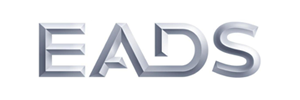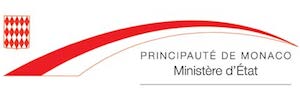EADS – Façonne l’avenir de l’aérospatial et de la défense
EADS est un leader mondial des secteurs de l’aéronautique, de l’espace, de la défense et des services associés. Le groupe comprend Airbus, une référence mondiale pour les avions commerciaux et militaires d’avant-garde, y compris les avions de ravitaillement, de transport et de mission développés par Airbus Military.
Astrium, numéro un européen de l’industrie spatiale et troisième fournisseur au monde de systèmes spatiaux, est présent sur tous les segments du marché spatial, des systèmes spatiaux à grande échelle aux services satellitaires. Cassidian, leader mondial des solutions de sécurité ultramodernes pour les forces armées et de protection civile du monde entier, fait également d’EADS l’un des principaux partenaires du consortium eurofighter et du missilier MBDA. Eurocopter est le plus grand hélicoptériste du monde dans le secteur civil et offre la plus large gamme d’hélicoptères civils et militaires au monde.
EADS vise à développer ses programmes clés de manière à poursuivre sa lancée vers une croissance bénéficiaire. Pour avoir accès à de nouveaux marchés ainsi qu’à de nouvelles ressources technologiques, le groupe accroît sa présence internationale tout en restant fidèle à ses pays d’origine européens.
En 2000, EADS est né de l’union entre le groupe français aérospatiale – Matra, l’allemand Daimler – Chrysler Aerospace AG et l’espagnol Casa. Aujourd’hui, EADS est le plus bel exemple d’entreprise prospère résolument européenne. Avec plus de 1 000 milliards de commandes cumulées depuis 2000, EADS a plus que quadruplé son carnet de commandes à 567 milliards d’euros. En 2012, le groupe a plus que doublé son chiffre d’affaires en passant de 24,2 milliards d’euros en 2000 à 56,5 milliards d’euros en 2012.
Depuis le 2 avril 2013, Denis Ranque est le président du conseil d’administration, et, depuis le 1 juin 2012, Tom Enders est le président exécutif (CEO) d’EADS.




